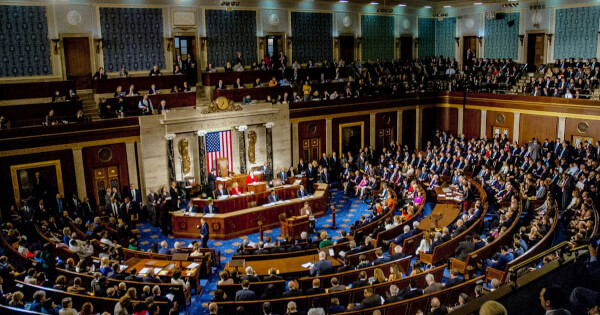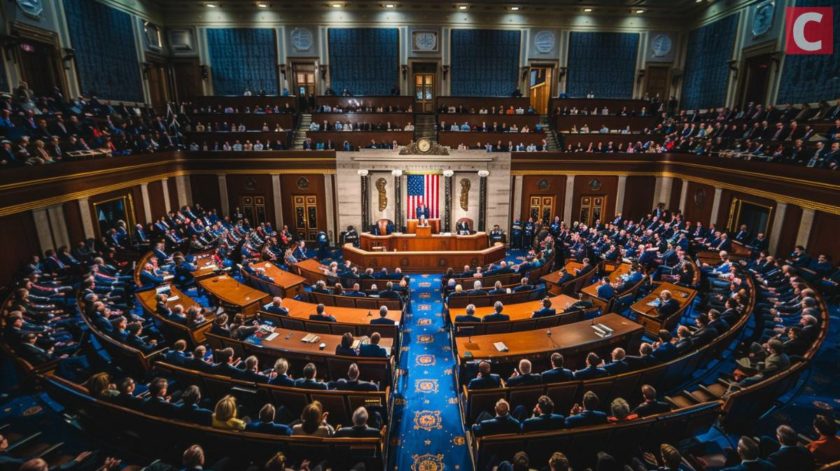Two bills introduced by Representative Darren Soto—the Digital Taxonomy Act and the Blockchain Innovation Act—are now making their way to the Senate after being approved in the House of Representatives.
The two acts have been updated into the Consumer Safety Technology Act (H.R. 8128), which is a bill directing the Consumer Product Safety Commission to explore applications for AI earlier this month. The Bill is now headed for the Senate for the final vote.
What Do the Blockchain Bills Mean?
Essentially if the bills are passed, they aim to protect the public from scams and illegitimate projects—leveraging blockchain technology to combat fraud.
Specifically, the Digital Taxonomy Act (H.R.2154) provides clarity on the definitions of two terms—’digital asset’ and ‘digital unit’—and place a burden on the Federal Trade Commission to prevent unfair trade practices of both aspects. In addition, the Blockchain Innovation Act (H.R. 8153) also requires the Federal Trade Commission (FTC) to research and present information on how blockchain can be leveraged in consumer protection.
The two bills were introduced by Rep. Darren Soto (D-FL) and have been rolled into the Consumer Safety Technology Act which was introduced by Rep. Jerry McNerny (D-CA)—which as mentioned pertains to using AI in consumer safety inspections.
The act highlights that remaining competitive with digital tokens and blockchain is critical to maintain American innovation, and obligated the FTC to provide further recommendations limit the abuse of the technology while allowing the United States to remain competitive.
Congressman Darren Soto said in a release:
“As lawmakers, it’s our duty to ensure the United States continues to lead in blockchain technology […] The Digital Taxonomy Act adds greater jurisdictional clarity for a strong digital asset market in the United States.”
Rep. Darren Soto has attempted to introduce or co-sponsor multiple blockchain bills pertaining to digital assets, but so far all bills have had a very hard time making their way through the house.
On the success of passing the two bills, Soto said:
“The study mandated by the Blockchain Innovation Act is a starting point meant to give government agencies a chance to make recommendations before any bills pass with a regulatory effect[…] These recommendations will perform an educational function to Members of Congress and will pave the way for more actionable blockchain-focused legislation.”
Image source: Shutterstock




